Progarchives.com has always (since 2002) relied on banners ads to cover web hosting fees and all.
Please consider supporting us by giving monthly PayPal donations and help keep PA fast-loading and ad-free forever.
/PAlogo_v2.gif) |
|
Post Reply 
|
Page <123> |
| Author | |||
Polymorphia 
Forum Senior Member 
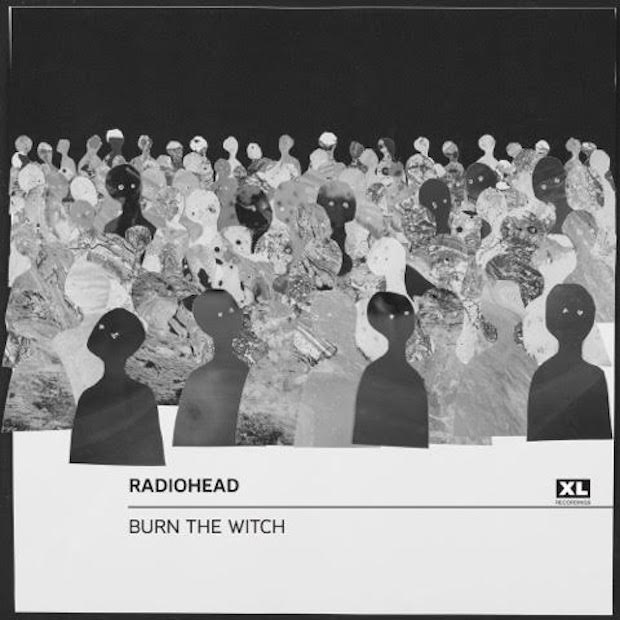
Joined: November 06 2012 Location: here Status: Offline Points: 8856 |
 Posted: February 01 2013 at 12:21 Posted: February 01 2013 at 12:21 |
||
|
|||
 |
|||
aldri7 
Forum Senior Member 
Joined: January 09 2013 Status: Offline Points: 114 |
 Posted: February 01 2013 at 11:51 Posted: February 01 2013 at 11:51 |
||
Spotify has Sacrament and Terminal Twilight. I think I faved tracks "Anamnesis", "nostalgia", and "Kansas Regrets". But I need to listen to more. Once again, scandinavian prog rules! (after the UK of course...) aldri7
|
|||
 |
|||
Angelo 
Special Collaborator 

Honorary Collaborator / Retired Admin Joined: May 07 2006 Location: Italy Status: Offline Points: 13239 |
 Posted: February 01 2013 at 11:17 Posted: February 01 2013 at 11:17 |
||
That's why keyboards are almost always a good addition to a rock band. I like this topcic and the suggestions made, but I haven't analysed my own preferences along the same lines... I'll probably never get there, but I'll keep an eye on what goes on here ...
|
|||
|
ISKC Rock Radio
I stopped blogging and reviewing - so won't be handling requests. Promo's for ariplay can be sent to [email protected] |
|||
 |
|||
Einsetumadur 
Prog Reviewer 
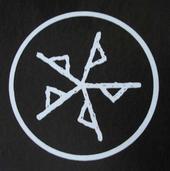
Joined: September 24 2008 Location: Germany Status: Offline Points: 265 |
 Posted: February 01 2013 at 10:30 Posted: February 01 2013 at 10:30 |
||
|
Robert Wyatt's "Sea Song" is such a massive whole tone splendor in its instrumental parts. Robert Wyatt does magic stuff on the keyboards!
1:52 is where the whole-tone fun begins. The studio version - to those who don't know it - features a harmonically similar piano solo. And the elegic vocal part are such a perfect frame for the free-jazzy improvisations. Genius! Dave Stewart built up on that stuff with his 1974 Drury Lane organ solo on the same track. He stays on the whole tone scale for quite a long time, and only moves to chromatic half-tone realms for some spectacular melodies. Edited by Einsetumadur - February 01 2013 at 10:32 |
|||
|
All in all each man in all men
|
|||
 |
|||
warrplayer 
Forum Senior Member 
Joined: June 18 2010 Location: Charlotte, NC Status: Offline Points: 111 |
 Posted: February 01 2013 at 10:05 Posted: February 01 2013 at 10:05 |
||
|
What about late Crimson? who else enjoys their use of whole tone and diminished tonalities? No other band gets as much milage out of modulating a half step!
|
|||
 |
|||
wreckfan1 
Forum Groupie 
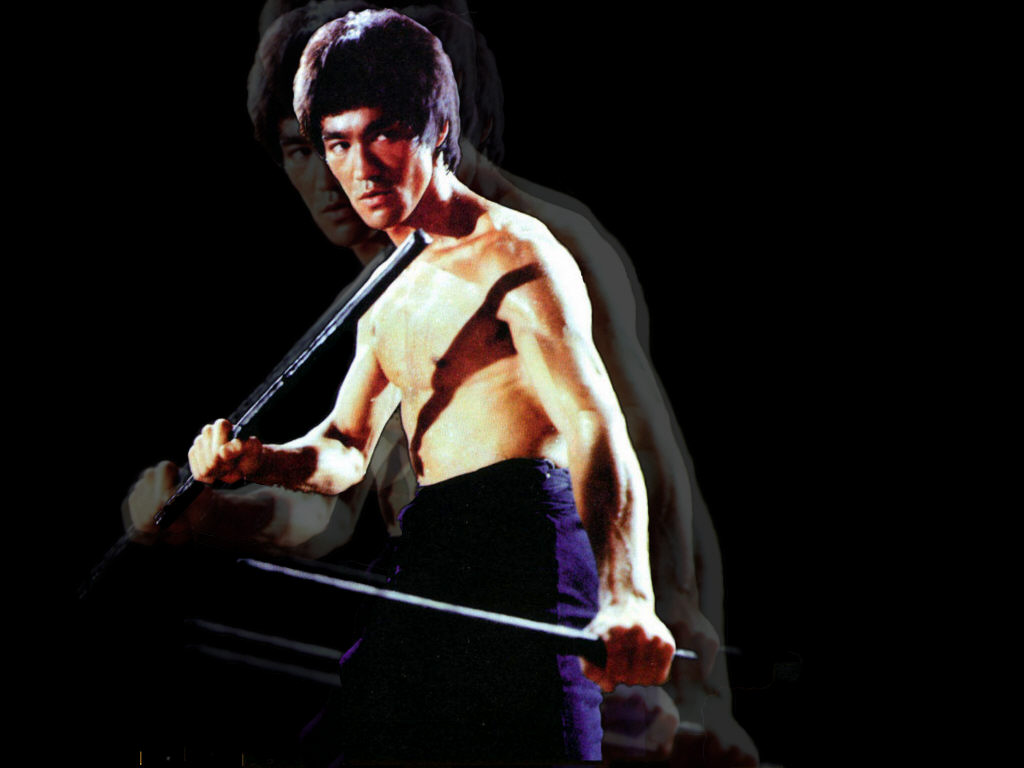
Joined: May 04 2009 Status: Offline Points: 45 |
 Posted: February 01 2013 at 08:43 Posted: February 01 2013 at 08:43 |
||
|
Just wondering what is your opinion of long tracks that comprise mostly of one pedal root?
Pink Floyd's UmmaGumma era does this a lot (Careful With That Axe Eugene for example), and this has been employed more recently by bands like Tool..
|
|||
 |
|||
Icarium 
Forum Senior Member 

VIP Member Joined: March 21 2008 Location: Tigerstaden Status: Offline Points: 34050 |
 Posted: February 01 2013 at 06:42 Posted: February 01 2013 at 06:42 |
||
 Edited by aginor - February 01 2013 at 06:45 |
|||
 
|
|||
 |
|||
M27Barney 
Forum Senior Member 

Joined: November 09 2006 Location: Swinton M27 Status: Offline Points: 3136 |
 Posted: February 01 2013 at 06:26 Posted: February 01 2013 at 06:26 |
||
|
Well I like suspenders...definately.....Dorian/Lydian sound like characters out of a costume drama to me.....
|
|||
 |
|||
sleeper 
Prog Reviewer 

Joined: October 09 2005 Location: Entropia Status: Offline Points: 16449 |
 Posted: February 01 2013 at 05:32 Posted: February 01 2013 at 05:32 |
||
Unfortunately my knowledge of music theory is non existent, but you couldnt have found a better band, I love White Willow. Which album have you heard, they're all quite different and worth checking out. |
|||
|
Spending more than I should on Prog since 2005
 |
|||
 |
|||
Icarium 
Forum Senior Member 

VIP Member Joined: March 21 2008 Location: Tigerstaden Status: Offline Points: 34050 |
 Posted: February 01 2013 at 03:38 Posted: February 01 2013 at 03:38 |
||
yes, I hear you, but this song is filled with minor scales, and major scales,ethnic sounding scales, Lydian, complex interweeving of counter melodies, and harmonies, a lots of Roger Hodgson penned songs have lots of chord shifts as well, Give A Little Bit have over 7 chord changes only in the intro, |
|||
 
|
|||
 |
|||
Quirky Turkey 
Forum Senior Member 

Joined: August 17 2011 Location: Australia Status: Offline Points: 177 |
 Posted: February 01 2013 at 01:50 Posted: February 01 2013 at 01:50 |
||
|
http://www.youtube.com/watch?v=Gpv_WfDcLJs
Someone say Lydian? Go to 1:50 on the video. I agree with how awesome Lydian is, but my personal favourite mode is the Dorian. Not quite sad or happy, just chill. And since we're discussing music theory, I think suspended chords work well with spacey music. If you play using mainly suspended chords, you can't be sure whether they want to resolve into happy or sad. It gives a sense of mystery and uncertainty which is fitting for space music. |
|||
 |
|||
aldri7 
Forum Senior Member 
Joined: January 09 2013 Status: Offline Points: 114 |
 Posted: February 01 2013 at 01:17 Posted: February 01 2013 at 01:17 |
||
|
Got another hit - a new band I like (Female vocalist and interesting harmonies). Its Elfonia. On the album Elfonia, the first track is really nice with some shifting harmonies that keep you guessing. The third track "aura" introduces some even more exotic harmonic shifts. Its kind of brooding and metal oriented. But what's intriguing me here though the most is that compared to most bands, these guys mix it up harmonically from one song to the next where you don't know what to expect. In other words, they're not just using one language harmonically. Good stuff and singing in Spanish too. Far from Norway and Sweden where I've come to expect more adventurous harmonies.
aldri7
|
|||
 |
|||
Atavachron 
Special Collaborator 
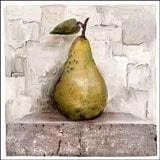
Honorary Collaborator Joined: September 30 2006 Location: Pearland Status: Offline Points: 64352 |
 Posted: January 31 2013 at 23:09 Posted: January 31 2013 at 23:09 |
||
|
^ I'll look into that as well
|
|||
 |
|||
Ambient Hurricanes 
Forum Senior Member 
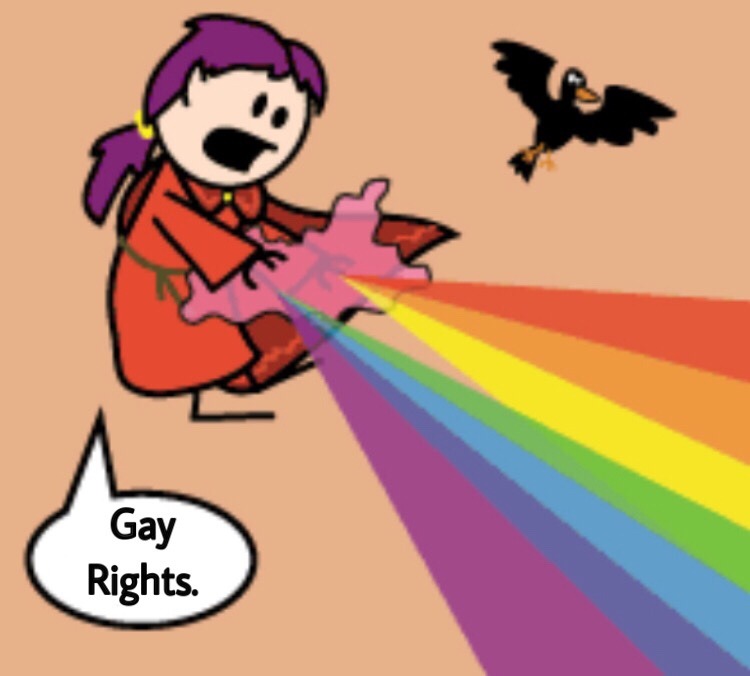
Joined: December 25 2011 Location: internet Status: Offline Points: 2549 |
 Posted: January 31 2013 at 22:35 Posted: January 31 2013 at 22:35 |
||
|
^I would recommend Daniel J. Levitin's book This Is Your Brain On Music, to you, it won't answer all your questions but it goes into the question of how music affects the human mind.
|
|||
|
I love dogs, I've always loved dogs
|
|||
 |
|||
aldri7 
Forum Senior Member 
Joined: January 09 2013 Status: Offline Points: 114 |
 Posted: January 31 2013 at 22:05 Posted: January 31 2013 at 22:05 |
||
Regarding the Lydian mode and nostalgia, I feel the nostalgia too but at the same time I consider the possibility that I might be biased given my age, etc. So I would really need to ask another person - someone in their 30's or something. I really don't know how they perceive it. Or someone from another culture. Because nostalgia is a complex phenomenon and its triggered by one's prior history with similar sights, sounds, scents, etc. In other words, if one has no prior history hearing the Lydian mode, I guess it doesn't make sense to me that it would trigger nostalgia when they hear it today. But I could be wrong. If I am, I'd sure like to know what the mechanism is thats going on in the brain. But I will say this - again, there is that sharped fourth in the Lydian mode that begs for resolution to the fifth. Its like a yearning. The ear yearns for resolution like maybe it yearns to resolve a minor third into a major third. Is that "yearning" similar to a yearning for ones childhood? Oh God - see what complex creatures we are! Anyway, I think that you can find this discussed with reference to other modes as well, and I do know that each one is associated with a unique set of emotional qualities. Its also true for different keys. As for your other point, I flashed back to Bartok and the French composers. I can't describe the way that that music makes me feel. We are all connected to each other in ways we can't even imagine. But that music opens up channels and memories that are mostly buried now. So all I can say is our brain connects music with all of our other sensory experiences meaning that it can trigger sights, smells, emotions, etc. I mean, I am not French nor have I ever lived in France, but French classical music throughout the 20th century influenced so many and affected them so much that hearing it triggers stuff in me that I can't even describe. Its like triggering other's experiences which maybe I absorbed vicariously through TV and film? aldri7
|
|||
 |
|||
Atavachron 
Special Collaborator 

Honorary Collaborator Joined: September 30 2006 Location: Pearland Status: Offline Points: 64352 |
 Posted: January 31 2013 at 21:23 Posted: January 31 2013 at 21:23 |
||
Edited by Atavachron - January 31 2013 at 21:25 |
|||
 |
|||
aldri7 
Forum Senior Member 
Joined: January 09 2013 Status: Offline Points: 114 |
 Posted: January 31 2013 at 21:13 Posted: January 31 2013 at 21:13 |
||
I have wondered that with respect to the Lydian mode and nostalgia, because nostalgia is not something that you can easily define. Its not an emotion really. But anyway, to find the answer, maybe in this case its subjective and based on the experiences of those that came of age at a certain time and place back in the 50's or so - and then went on to compose music for film. If at some point growing up they were exposed to that mode, then hearing it now might tend to elicit nostalgia. But for someone growing up in a different time and place, I don't see how they would tend to make that connection. Probably the biggest mystery then is why a minor third is considered "sad" while a major third is "happy". This seems to be pretty universal, and so I wonder if it is a vibrational thing - I'm guessing a major third is more consonant i.e. easier on the ears, and so when they hear a minor third, the ears wants to convert it or resolve it to a major third which it can't. Because it can't, the effect on you, the owner of those ears, is sadness :) Its a little like unrequited love, maybe. With the minor third, there is a little bit of tension. So near but so far away.... aldri7 Edited by aldri7 - January 31 2013 at 21:16 |
|||
 |
|||
Atavachron 
Special Collaborator 

Honorary Collaborator Joined: September 30 2006 Location: Pearland Status: Offline Points: 64352 |
 Posted: January 31 2013 at 21:00 Posted: January 31 2013 at 21:00 |
||
|
^ Good points, music is relative to the other music around it, but still the question is begged; why do certain melodies and chords, whatever the context, evoke a particular response? Is it a vibrational relationship with our ears and brain; Is it learned or automatic; etc.
|
|||
 |
|||
aldri7 
Forum Senior Member 
Joined: January 09 2013 Status: Offline Points: 114 |
 Posted: January 31 2013 at 20:56 Posted: January 31 2013 at 20:56 |
||
How the tritone is perceive can depend on the context. When used in the Lydian mode (sharped F over a C major), its emotionally very powerful but not in a way that evokes malevolence. Leonard Bernstein loved that mode and the tritone that occurs in "Maria" on the syllable "ree" as its sung in the beginning. He loved the way it resolved to the G a half step above. So did a lot of other people. On the other hand, using it in other contexts like Jimi Hendrix used it in Purple Haze I can see where the effect that it might have on you is different. If you use it just by itself without resolving it, its sort of anarchistic or angry sounding, like someone is jabbing you with a pitchfork. Was it the tritone that they used in the "Wizard of Oz" while the palace guards are singing while they march (o ree o, yo.....oh)? Ominous......the notes might have been A, C, E and G flat. The tritone notes would be C and G flat. But the way its scored (without resolving it) - yeah, I think the intent was to project that evil was lurking.. aldri7
Edited by aldri7 - January 31 2013 at 21:17 |
|||
 |
|||
aldri7 
Forum Senior Member 
Joined: January 09 2013 Status: Offline Points: 114 |
 Posted: January 31 2013 at 20:42 Posted: January 31 2013 at 20:42 |
||
Hey, I really like this band! thanks for the recommendation. BTW - is that a major/minor shift in the song "Fata Morgana"? good stuff :) aldri7 |
|||
 |
|||
Post Reply 
|
Page <123> |
| Forum Jump | Forum Permissions  You cannot post new topics in this forum You cannot reply to topics in this forum You cannot delete your posts in this forum You cannot edit your posts in this forum You cannot create polls in this forum You cannot vote in polls in this forum |